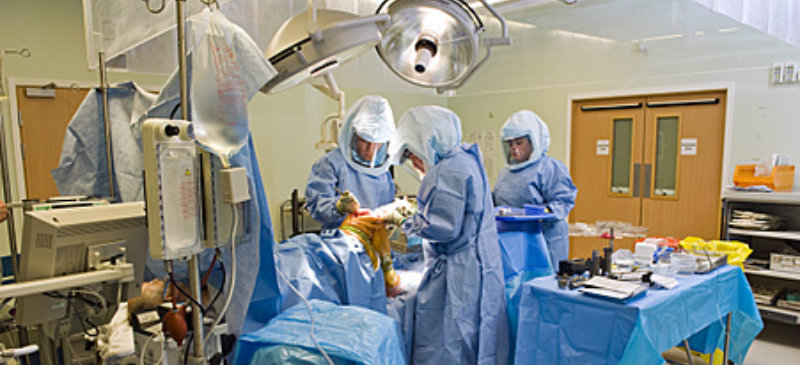The Evening Times ran an article about figures in a new report showing that women from Lanarkshire experience higher-than-average rates of stillbirth and neonatal deaths than other parts of Scotland. The region recorded the second-highest rate in Scotland with 6.42 deaths per 1,000 births. However it is worth noting that the figure of 7,096 Lanarkshire resident […]
Fantastic work by many teams to meet trauma cases challenge

The number of patients treated by NHS Lanarkshire for broken or dislocated wrists, ankles and hips nearly trebled when treacherous icy conditions hit before Christmas.
There were so many trauma cases due to falls, including unusually complex fractures, that dedicated staff carried out a week-and-a half’s work in just three days.
NHS Lanarkshire service manager for trauma and orthopaedics Stephen Peebles said: “The number of trauma cases is typically around 50 a week at this time of year. But we carried out an unprecedented total of 124 operations from December 15 to 21.
“We successfully managed this extremely large number of procedures because our fantastic staff really pulled together across University Hospital Hairmyres, University Hospital Monklands and University Hospital Wishaw.
“A total of 70 of the trauma cases were done in just three days – from the Monday to the Wednesday, at our inpatient sites for orthopaedics at Wishaw and Hairmyres.
“Additional capacity, over and above our standard weekend trauma operating theatres, was also in place at Wishaw on the Sunday.”
Among the clinical staff who rose to meet the challenge was orthopaedic consultant Mr David Howie, trauma lead at University Hospital Wishaw.
Speaking at the time, he said: “The sheer volume of trauma generated by the recent ice has been remarkable, and it has caused a mixture of relatively standard hip, ankle and wrist fractures, but also a significant number of more complex fractures which take considerably longer time in theatre to fix, and often require a surgeon with a specific skillset (shoulder surgeon, hand surgeon, hip surgeon etc).
“This increased volume has had a significant impact on everyone involved in looking after these patients; the emergency departments, radiographers, radiologists, and on-call junior doctors at the coal face; trauma liaison nurses co-ordinating the admissions; nursing and auxiliary staff on the wards, in theatres, and in clinics managing the care of the patients; care of the elderly staff optimising the elderly and planning onward care; physiotherapists and occupational therapists working to get those fixed mobilising and back home safely; secretarial and support staff dealing with the increased fracture clinic attendances; management and admin staff shuffling elective lists and managing theatres; and the surgeons.
“The team are already hard working, and there is no ‘spare time’ to offset this increased activity level, which has unfortunately meant many have been working later, coming in earlier, or have given up doing other things, just to manage these extra trauma cases. So far the team have done a great job, but the winter is not yet over.”
To create the additional capacity for the extra emergency operations, orthopaedic elective procedures were postponed for three days and rescheduled as soon as possible.
NHS Lanarkshire director of acute services Heather Knox said: “I’d like to pay tribute to all of the staff who showed exemplary teamwork in managing the increased pressure within emergency departments and the rise in trauma cases.
“I’d also like to thank those patients who had their planned procedures cancelled for their patience and understanding in these unprecedented circumstances.”


Comments are closed.